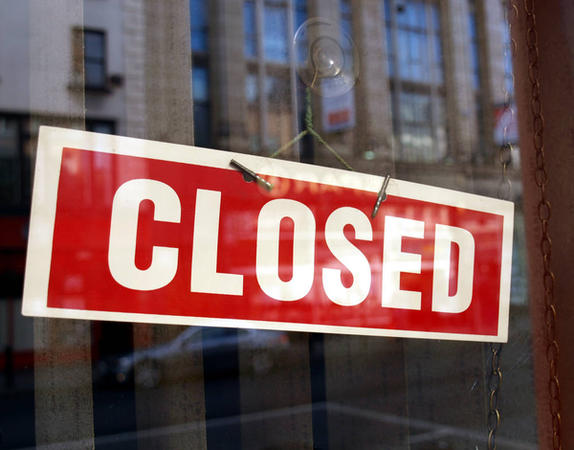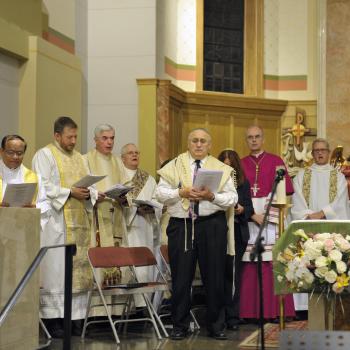Some in Italy are saying so, and there is a move afoot in parts of Europe to keep Sundays sacred:
The Roman Catholic Church, trade unions and small business associations have joined forces in a bid to save Sundays.
In a bid to spur economic growth, outgoing Italian Prime Minister Mario Monti backed a new law that allows shops to stay open on the Sabbath.
But Sunday traditions are strong in the European nation, and the change provoked strong resistance from religious and secular groups.
Last month, an Italian shop owners association and the country’s Catholic bishops’ conference launched a campaign to “free up Sundays.” They aim to gather the 50,000 signatures needed to try to repeal the liberalizing shop law.
Confesercenti, the shop owners association, fears that mom-and-pop stores — the backbone of the Italian retail sector — will be squeezed by large retailers and American-style malls.
The issue extends beyond Italy. In Brussels, dozens of religious groups — including the Catholic church — unions and business associations from 27 countries have formed the “European Sunday Alliance” to lobby the European Union to keep Sunday as a continent-wide day of rest, at least in principle.
Johanna Touzel, the alliance’s spokeswoman, said setting Sunday aside is not necessarily a religious issue and not discriminatory toward Jews and Muslims. “We need one day when everyone can rest — this is the origin of Shabbat. And in fact, even Muslim organizations support us.”
For the Catholic church, keeping Sundays free from shopping and work concerns is of larger consequence than the economy.
Fr. Marco Scattolon of Camposampiero, Italy, became an instant celebrity when he labeled Sunday shopping a sin and called on his parishioners to do penance for it. Sundays, he told the Corriere del Veneto newspaper, are important “not just in the religious sense.” “They are one of the few occasions left for families to be together.”
Bishop Antonio Mattiazzo of Padua sided with Scattolon while other bishops publicly signed the Confesercenti campaign.
“The broad consensus in opposing Sunday openings shows that having a common weekly day for rest is something that benefits everyone, not just believers,” says Luca Diotallevi, a Catholic sociologist who advises Italy’s bishops on social issues. “Sunday has not just a social value but a theological one too: Man needs to have a holy day.”
UPDATE: For some context, it’s useful to read what the catechism has to say about honoring the Lord’s day:
2185 On Sundays and other holy days of obligation, the faithful are to refrain from engaging in work or activities that hinder the worship owed to God, the joy proper to the Lord’s Day, the performance of the works of mercy, and the appropriate relaxation of mind and body.123 Family needs or important social service can legitimately excuse from the obligation of Sunday rest. The faithful should see to it that legitimate excuses do not lead to habits prejudicial to religion, family life, and health.
2187 Sanctifying Sundays and holy days requires a common effort. Every Christian should avoid making unnecessary demands on others that would hinder them from observing the Lord’s Day. Traditional activities (sport, restaurants, etc.), and social necessities (public services, etc.), require some people to work on Sundays, but everyone should still take care to set aside sufficient time for leisure. With temperance and charity the faithful will see to it that they avoid the excesses and violence sometimes associated with popular leisure activities. In spite of economic constraints, public authorities should ensure citizens a time intended for rest and divine worship. Employers have a similar obligation toward their employees.












